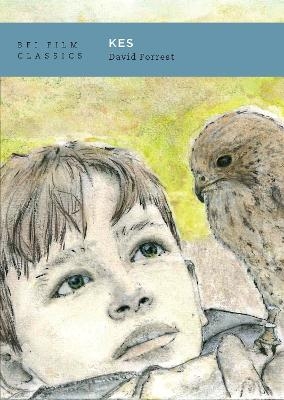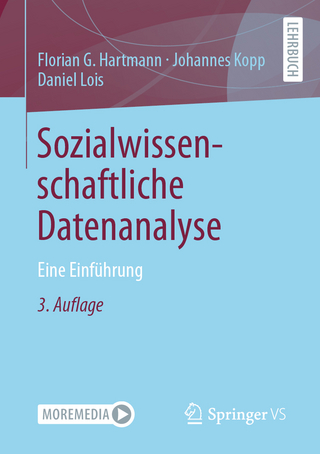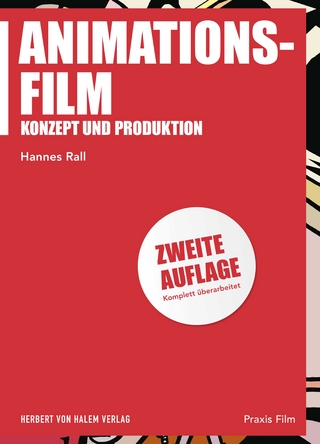
Kes
Seiten
2024
BFI Publishing (Verlag)
978-1-83902-564-8 (ISBN)
BFI Publishing (Verlag)
978-1-83902-564-8 (ISBN)
Ken Loach's 1969 drama Kes, considered one of the finest examples of British social realism, tells the story of Billy, a working class boy who finds escape and meaning when he takes a fledgling kestrel from its nest.
David Forrest’s study of the film examines the genesis of the original novel, Barry Hines’ A Kestrel for a Knave (1968), the eventual collaboration that brought it to the screen, and the film's funding and production processes. He provides an in depth analysis of key scenes and draws on archival sources to shed new light on the film’s most celebrated moments.
He goes on to consider the film’s lasting legacy, having influenced films like Ratcatcher (1999) and This is England (2006), both in terms of its contribution to film history and as a document of political and cultural value. He makes a case for the film's renewed relevance in our present era of systemic economic (and regional) inequality, alienated labour, increasingly narrow educational systems, toxic masculinity, and ecological crisis. Kes endures, he argues, because it points towards the possibility for emancipation and fulfilment through a more responsive and nurturing approach to education, a more delicate and symbiotic relationship with landscape and the non-human, and an emotional articulacy and sensitivity shorn of the rigid expectations of gender.
David Forrest’s study of the film examines the genesis of the original novel, Barry Hines’ A Kestrel for a Knave (1968), the eventual collaboration that brought it to the screen, and the film's funding and production processes. He provides an in depth analysis of key scenes and draws on archival sources to shed new light on the film’s most celebrated moments.
He goes on to consider the film’s lasting legacy, having influenced films like Ratcatcher (1999) and This is England (2006), both in terms of its contribution to film history and as a document of political and cultural value. He makes a case for the film's renewed relevance in our present era of systemic economic (and regional) inequality, alienated labour, increasingly narrow educational systems, toxic masculinity, and ecological crisis. Kes endures, he argues, because it points towards the possibility for emancipation and fulfilment through a more responsive and nurturing approach to education, a more delicate and symbiotic relationship with landscape and the non-human, and an emotional articulacy and sensitivity shorn of the rigid expectations of gender.
David Forrest is Senior Lecturer in Film Studies at the University of Sheffield, UK. His previous publications include New Realism: Contemporary British Cinema (2020), and Social Realism: Art, Nationhood and Politics (2013). He is co-author of Barry Hines: Kes, Threads and Beyond (with Sue Vice, 2017) and co-editor of Filmurbia: Screening the Suburbs (2017) and Social Class and Television Drama in Contemporary Britain (2017).
Introduction
Chapter 1: Making Kes
Chapter 2: Key Moments
Chapter 3: Legacies
Filmography
Bibliography
| Erscheinungsdatum | 20.04.2024 |
|---|---|
| Reihe/Serie | BFI Film Classics |
| Zusatzinfo | 60 colour illus |
| Sprache | englisch |
| Themenwelt | Kunst / Musik / Theater ► Film / TV |
| Sozialwissenschaften ► Kommunikation / Medien ► Medienwissenschaft | |
| ISBN-10 | 1-83902-564-6 / 1839025646 |
| ISBN-13 | 978-1-83902-564-8 / 9781839025648 |
| Zustand | Neuware |
| Informationen gemäß Produktsicherheitsverordnung (GPSR) | |
| Haben Sie eine Frage zum Produkt? |
Mehr entdecken
aus dem Bereich
aus dem Bereich
Eine Einführung
Buch | Softcover (2022)
Springer VS (Verlag)
32,99 €
wie KI und virtuelle Welten von uns Besitz ergreifen – und die …
Buch | Hardcover (2023)
Heyne (Verlag)
22,00 €


